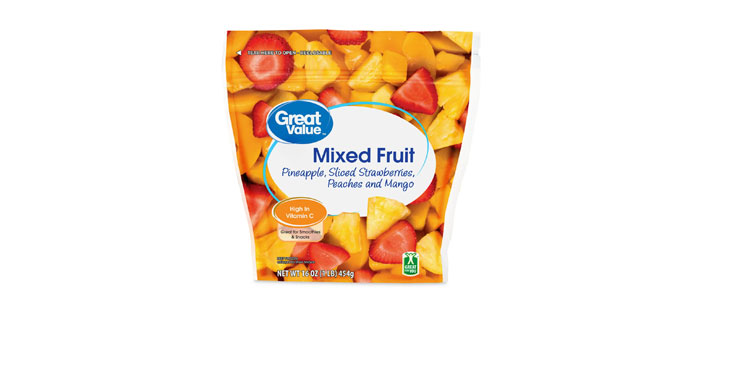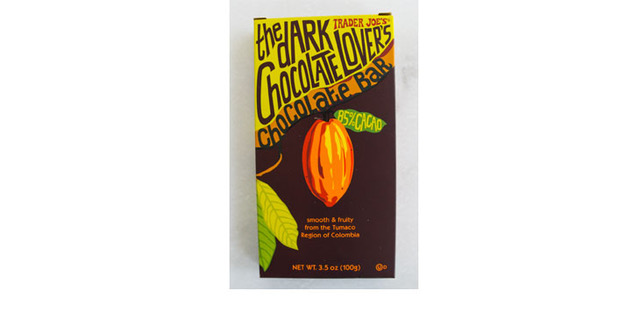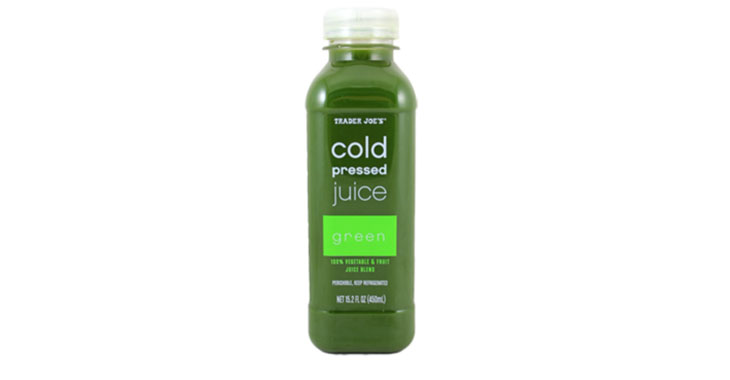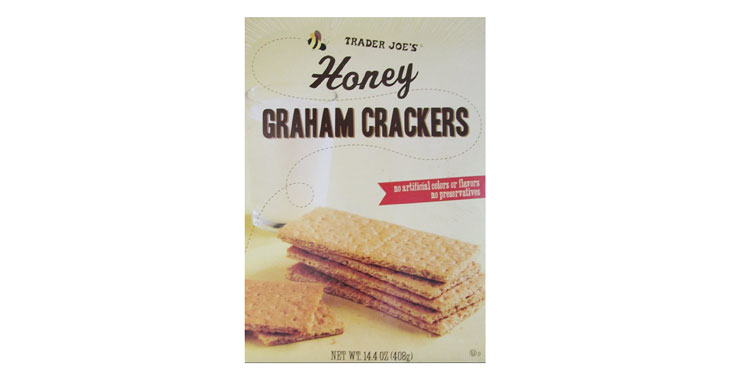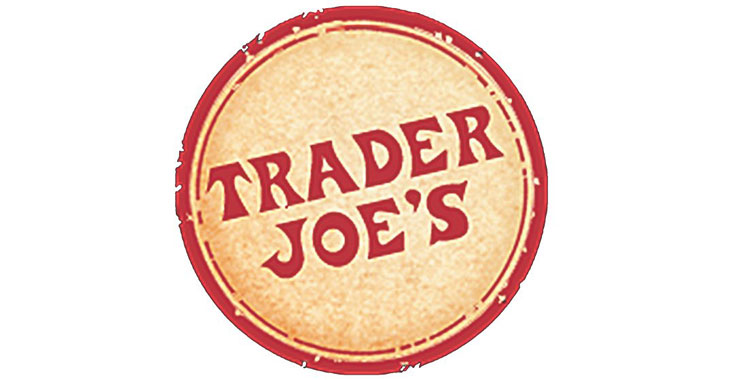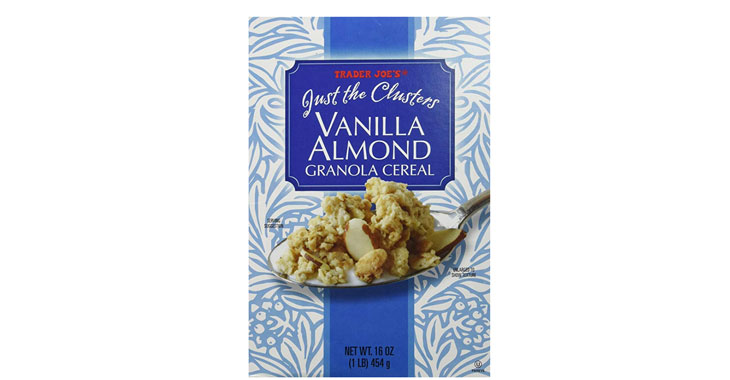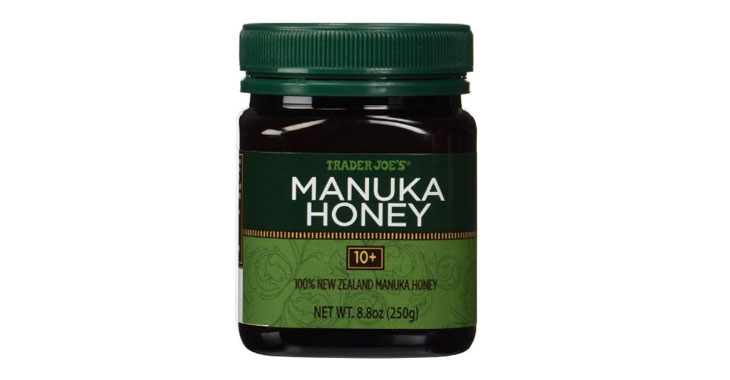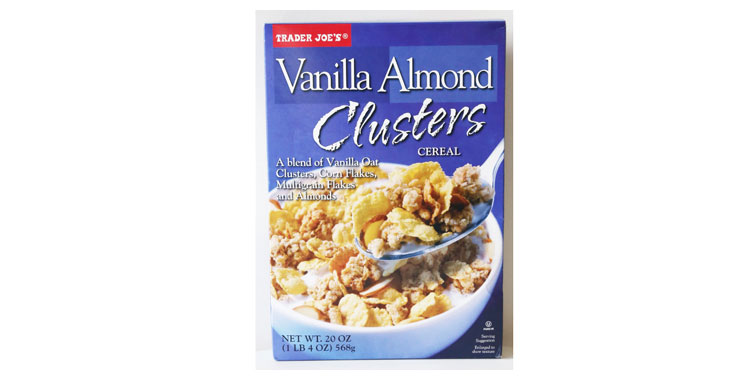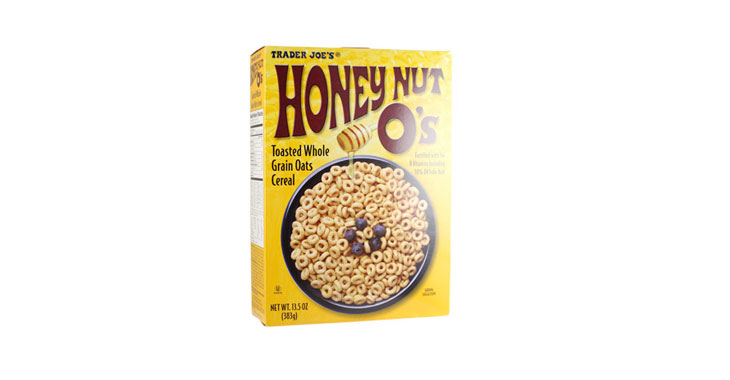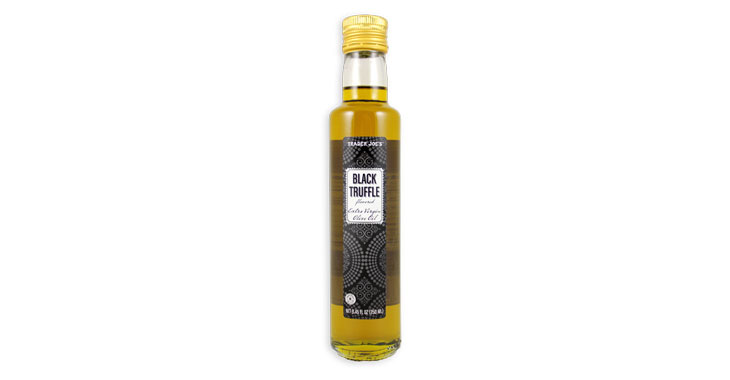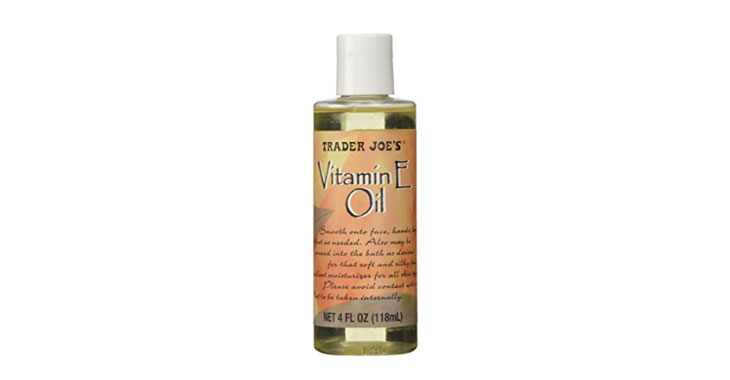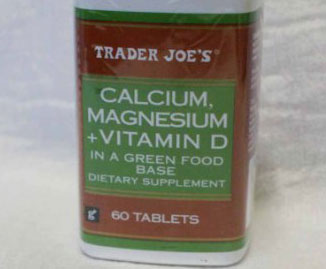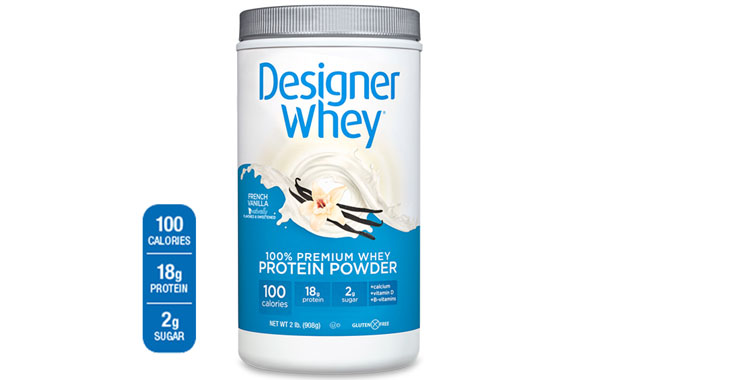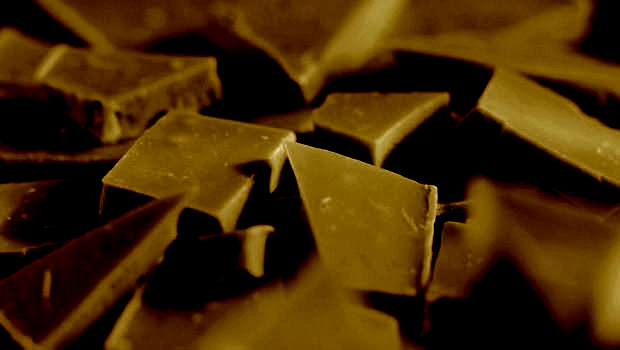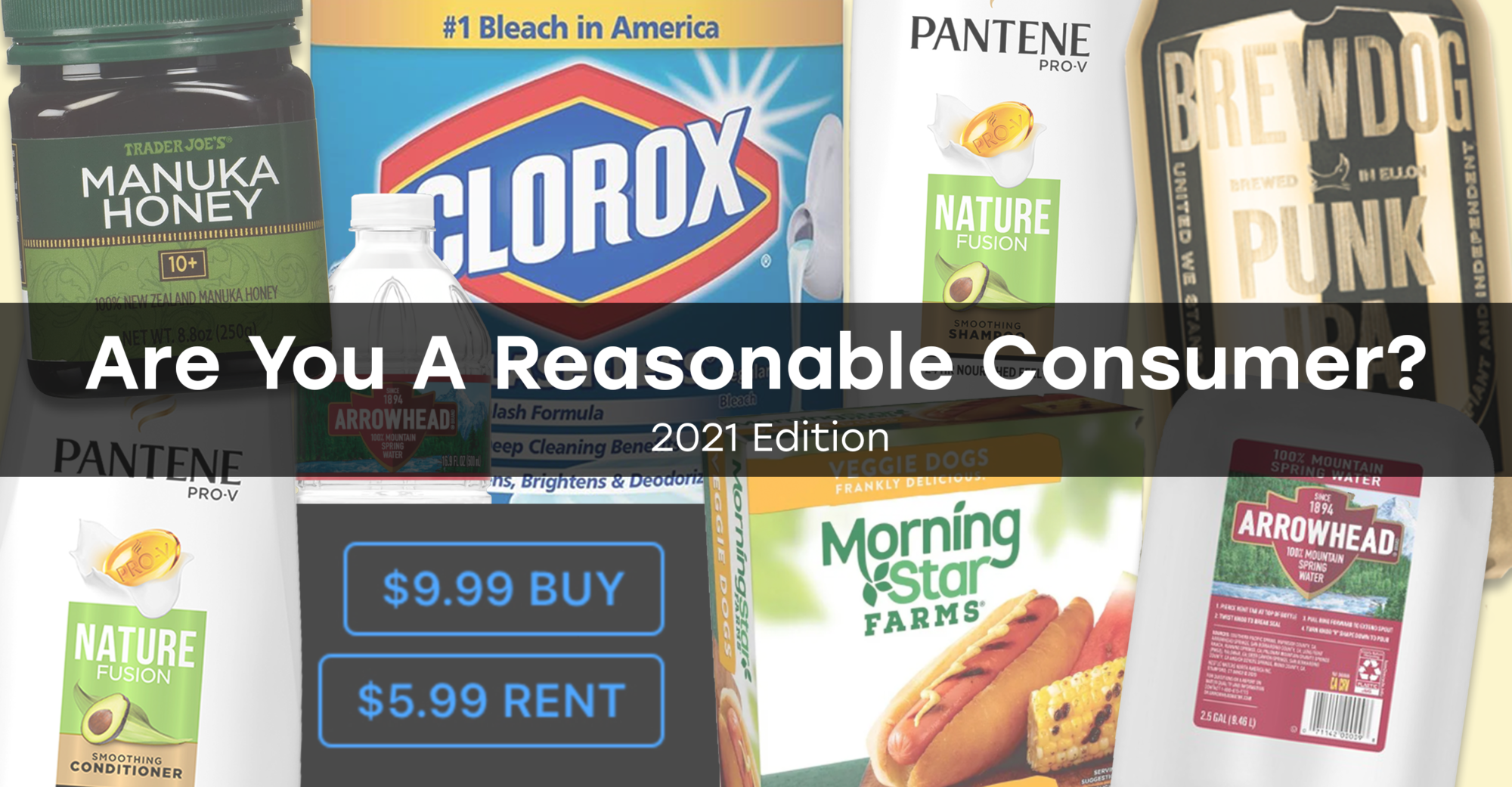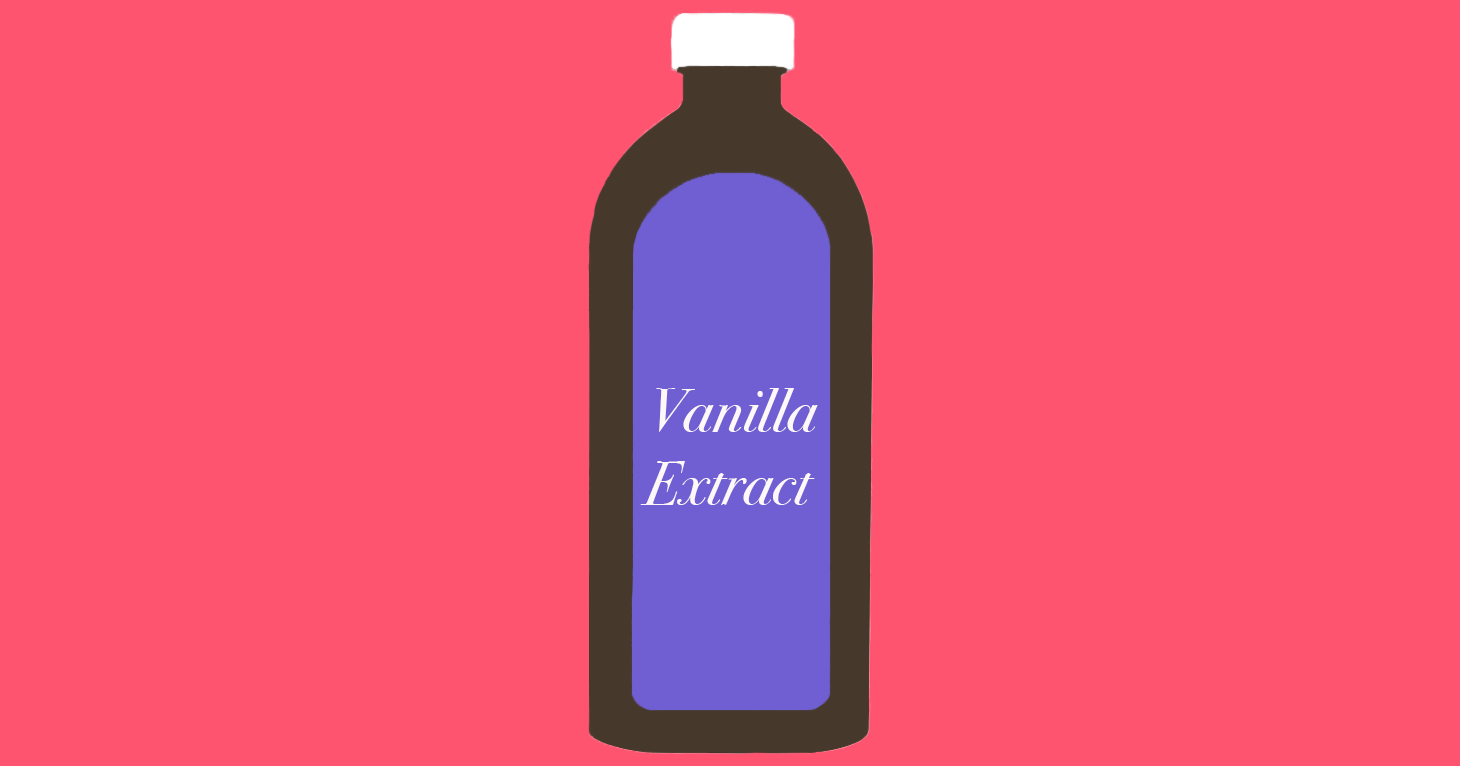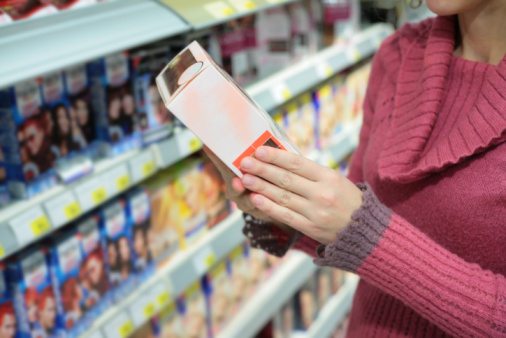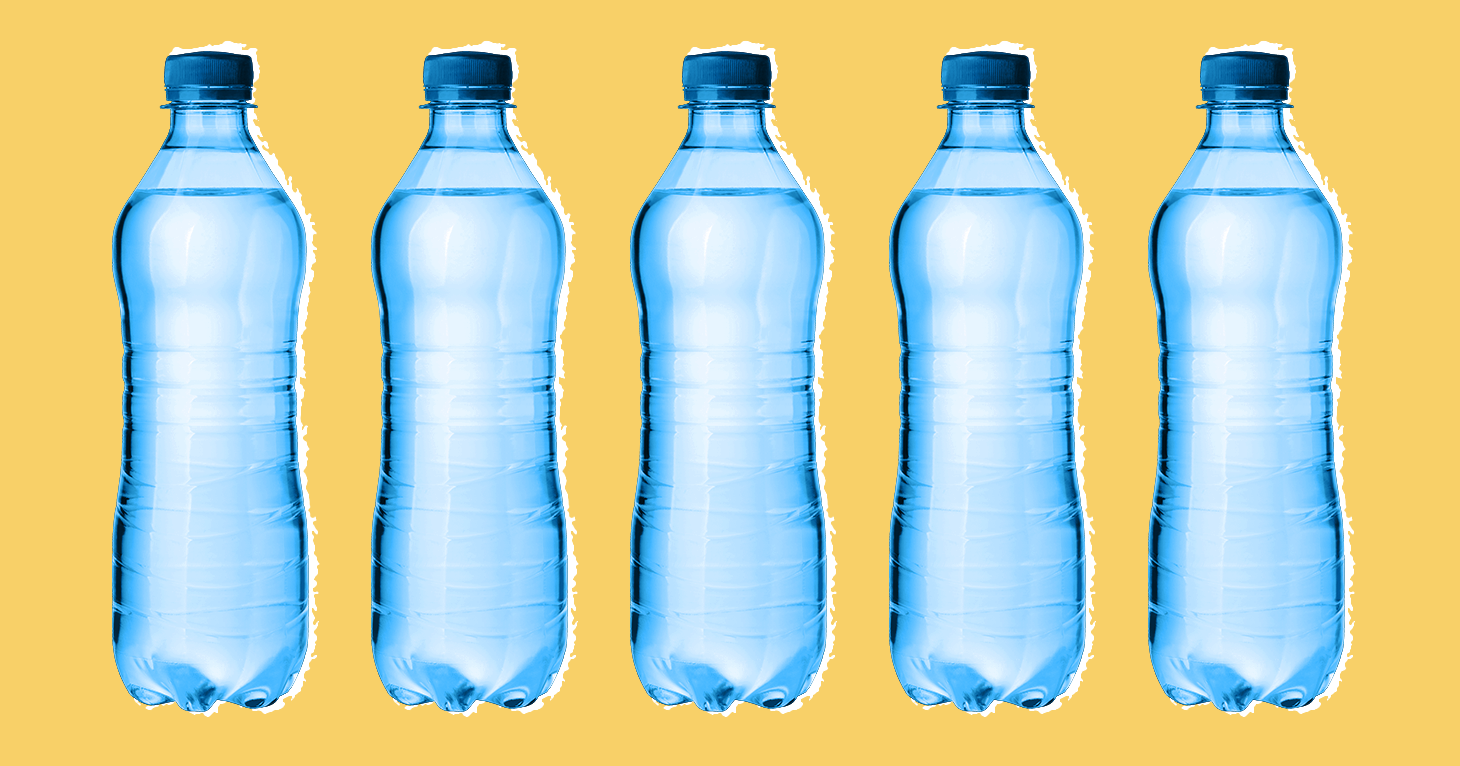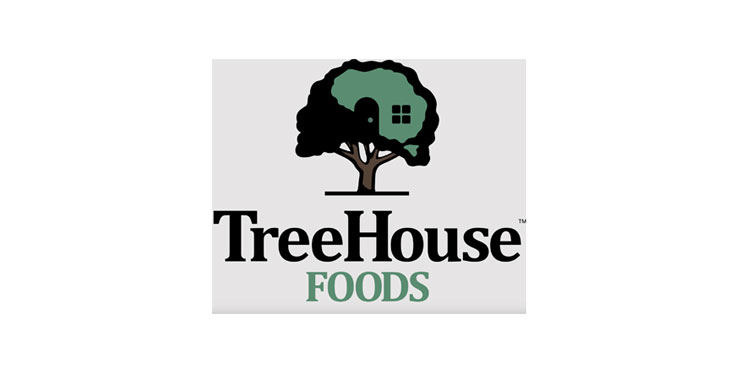
Several Brands of Frozen Waffles and Pancakes
Allegations: Failing to disclose that products are contaminated with the bacterium listeria monocytogenes
July 2019: A federal judge entered judgment in favor of Trader Joe’s after the named plaintiff failed to respond to the court’s order to explain why the amended complaint should not be withdrawn pursuant to the November 2018 dismissal. Later in July, the named plaintiff filed a Notice of Appeal regarding several court filings relating to the dismissal of the case. (Case No. 19-55841, 9th Cir.)
March 2019: Plaintiffs filed an amended complaint alleging that the retailer misleadingly markets that the pH of its alkaline water is greater than 9.5 when, according to plaintiffs, the pH is lower (i.e., the water is more acidic) than advertised. Plaintiffs also claim that the make-up of Trader Joe’s Alkaline Water does not provide the advertised benefits and is “no different than drinking any bottled water or tap water.”
November 2018: A federal judge dismissed this complaint finding that most of the marketing claims at issue are non-actionable puffery or would not deceive a reasonable consumer. The judge also dismissed the claims regarding the 9.5 pH level concluding that plaintiffs failed to plead why she believes the represented pH is false and when the pH of the water was not 9.5. The judge granted plaintiffs leave to amend only their claims about the pH balance.
June 2018: A false advertising class-action lawsuit was filed against Trader Joe’s for allegedly misrepresenting that Trader Joe’s Alkaline Water is “ionized to achieve the perfect balance” and implying that the water provides more hydration by placing plus signs next to the statement “refresh and hydrate” when, according to plaintiffs, the company does not have adequate support to make claims that the water is “perfectly balanced” or will provide more hydration than other water. In addition, the complaint alleges that Trader Joe’s misleadingly markets the product as “Alkaline Water + Electrolytes [that] is ionized to pH 9.5+,” when, according to plaintiffs, the water does not have the represented pH (or measure of acidity and alkalinity) and is more acidic than represented. (Weiss et al v. Trader Joe’s Co., Case No. 18-cv-1130, C. D. CA.)
For more of TINA.org’s coverage of Trader Joe’s, click here.
Allegations: Failing to disclose that products are contaminated with the bacterium listeria monocytogenes
Allegations: Falsely marketing products as gluten free
Allegations: Failing to disclose that products contain a bacterium that could lead to serious adverse health consequences
Allegations: Failing to disclose that products contain dangerous amounts of heavy metals
Allegations: Misleadingly advertising juices as “cold pressed” when they undergo high pressure processing after being extracted from fruits and vegetables
Allegations: Misleadingly marketing ingredients in graham crackers
Allegations: Misleadingly marketing the filling as made with strawberry when it contains other fruits
Allegations: Deceptively underfilling cans of tuna
Allegations: Misleadingly marketing that vanilla is the main flavoring ingredient when the flavor comes from artificial flavors
Allegations: Falsely marketing products as being 100% Manuka honey
Allegations: Falsely marketing that the flavor comes from vanilla and “other natural flavors” when the flavoring actually comes from artificial ingredients
Consumer Reports study sparks class-action lawsuits.
See how you stack up.
TINA.org is currently tracking 70 class actions challenging claims that a variety of foods and beverages are truly vanilla.
Courts weigh in on legal term.
What’s in your water? Does it matter?

